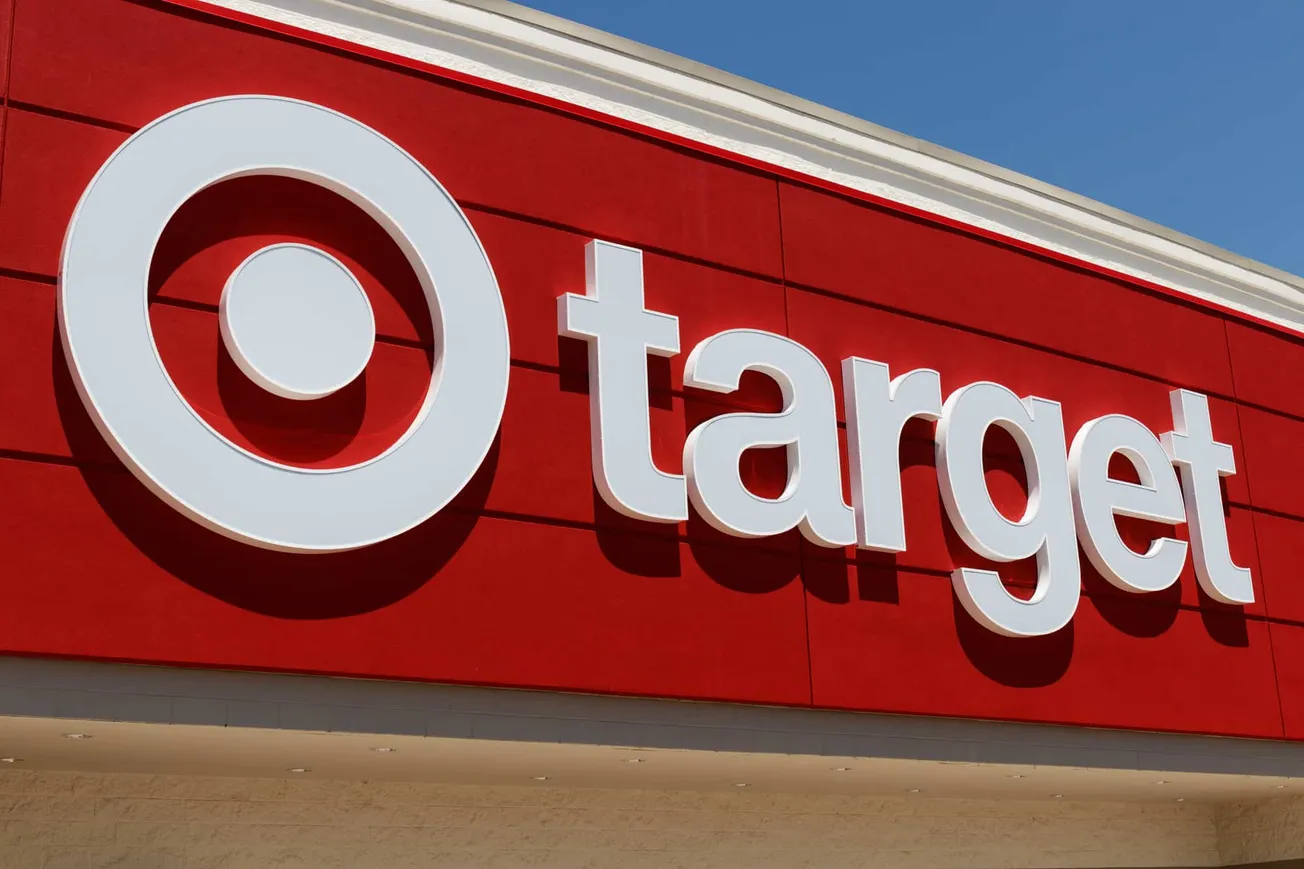MIAMI BEACH, Fla. — Nothing illustrates the unsettled state of the food retailing business better than the vigilance, open-mindedness and willingness to embrace change exhibited by one of the industry’s finest practitioners.
Nothing illustrates the unsettled state of the food retailing business better than the vigilance, open-mindedness and willingness to embrace change exhibited by one of the industry’s finest practitioners.
Speaking at the Food Marketing Institute’s annual Midwinter Conference here late last month, Ed Crenshaw, chief executive officer of Publix Super Markets Inc., said that for his company and, by implication, the trade class as a whole, “it would be easy to continue doing tomorrow exactly as we do today.
"But let’s pause for a moment and ask ourselves, ‘How does what we do today change, given the world we live in? How does it change in a very connected world?’ We know from our own experience, he who has the information, has the power and influence — and today that is the customer. Our customers have that information in the palm of their hand."
With 1,096 stores located in six southeastern states, Publix, along with Wegmans Food Markets Inc. and H-E-B, is frequently cited as one of the best grocers in America. It is telling that a company of its stature is convinced that it needs to rethink every aspect of its operations.
"Let’s ask ourselves what it means when consumers have more choices — more choices with the products they buy and more choices with how and where they buy them," said Crenshaw, who served as chairman of the conference, which was centered on the theme ‘The Consumer Takes Center Stage.’ "Our challenge is to continually evaluate our business model to determine if we are delivering what they want.
"They tell us they want to shop online. But are they willing to pay for it? Can retailers do it profitably, knowing the price sensitivity of our business? And, as retailers, we can’t ignore that many manufacturers are now doing or exploring direct-to-consumer sales."
In addition to their primary task of understanding what shoppers want and responding to those needs in a marketplace that is crowded with competitors, food retailers are faced with a number of serious challenges.
Some of the pressing issues noted by FMI president and CEO Leslie Sarasin during her remarks were implementation of the Food Safety Modernization Act (FSMA), narrowing the scope of and clarifying menu labeling regulations, fortifying relationships with trading partners in order to enhance the operation of the supply chain, and diversity management.
"The unheralded rate at which change is hurtling toward us requires a flexibility to survive and a nimbleness to thrive," she asserted. "We must pick up the pace, because in this world it’s not the big fish eating the little fish; it is the fast fish eating the slow one."
FSMA is one area where FMI and its members need to move quickly and decisively. Some elements of the legislation are already in effect, and the Food and Drug Administration will finalize other rules over the next two years.
"I hope you have your FSMA implementation teams in place and are working with FMI staff to ensure you are FSMA compliant," Jerry Garland, president and CEO of Associated Wholesale Grocers Inc. and current FMI chairman, told his colleagues.
"This is critical because FSMA significantly raises the stakes of regulatory compliance; the consequences of being out of compliance are much more costly in terms of money and reputation. And by reputation, I mean the possibility of jail time for food retail executives if they fail to comply — through intent or negligence — with elements of the FSMA regulations."
Crisis communications and asset protection in the digital age are two other FMI priorities, noted Garland, but at the end of the day the success or failure of food retailers will depend on their ability to meet the rapidly changing expectations of their customers.
"Technology and information in the hands of consumers is truly changing the game — and not only with what and where they buy," Crenshaw said.
"They also expect every changing and evolving means of communication. … They want their coupons digitally, as well as the ads, pricing and even nutritional information at their fingertips.
"And if we fail on any of the real or perceived promises we make, or become the target of any special interest group, the repercussions can be quick and painful. On the other hand, our consumers can use their power to become our strongest advocate."





